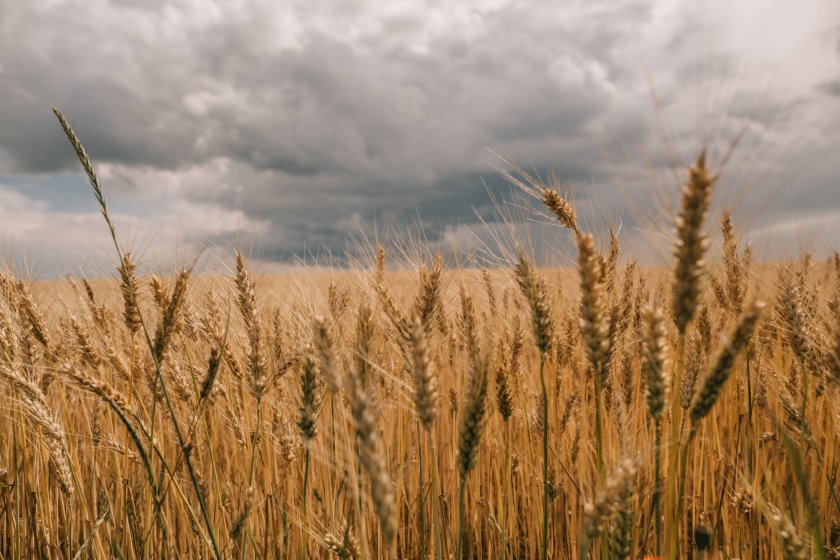
A consortium of over 20 farming industry groups are pushing farmers to reach net zero by diversifying their arable and forage cropping.
The Centre for High Carbon Capture Cropping is a four-year, £5.9m project led by crop science organisation NIAB, with the backing of the NFU and others.
It aims to help UK farmers and growers target net zero and build farming resilience through diversifying their arable and forage cropping.
The project will also enable new revenue sources through a carbon marketplace and support enhanced value chains for industries such as textiles and construction.
Running from spring 2023 until 2027, it has been awarded funding by Defra under the Farming Futures R&D Fund: Climate Smart Farming.
Research will focus on four cropping options, including rotational cover crops and annual fibre crops, such as industrial hemp and flax.
It will also focus on perennial food, forage, and feed crops - including cereals and herbal leys - and perennial biomass crops, such as miscanthus, willow and poplar.
Further work will optimise the production and use of renewable biomaterials for fibre, textiles, and construction and develop carbon insetting/offsetting platforms.
The Centre’s ‘Knowledge Hub’ will provide resources to support the effective uptake and utilisation of crops with high carbon-capture potential.
This will include crop guides, web tools and apps available to landowners, farmers, and agronomists.
NFU chief science advisor, Dr Helen Ferrier welcomed the project: “One source of opportunity for farms to build resilience, and get a return on investment from diversification – is emerging carbon markets.
“This project contributes to a route for farmers in supplying fibres and feedstocks from high carbon capture crops.
“There's broad relevance here for different sectors and locations; so, in areas of uncontrollable flea beetle pressure, cereal growers are looking for a profitable alternative to oil seed rape as a break crop.
"And livestock farms, at particular risk as BPS is removed, could build resilience by growing these crops on grazing and forage land.”
Research partners include the British Hemp Alliance, Cambond, Carbon Farm Hubs, Cotswold Seeds, Crops for Energy, Dark Green Carbon, Elsoms Seeds, Energy Crops Consultancy, English Fine Cottons, among others.
